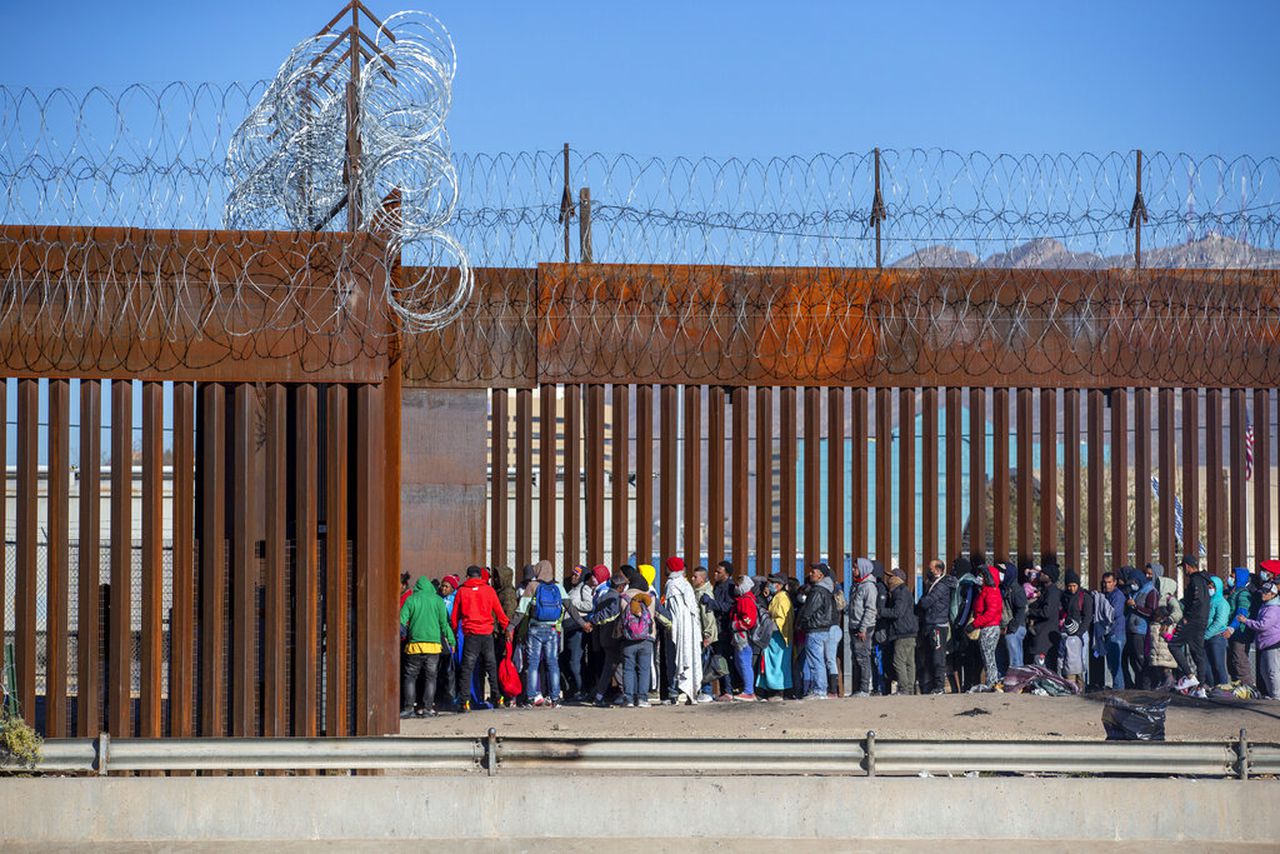Many US asylum seekers from Latin America are stuck in limbo
Editor’s note: This story first appeared on palabra, the digital news site by the National Association of Hispanic Journalists.
By Jorge Melchor
Over the last few years, tens of thousands of Latin American immigrants have made it to the United States seeking asylum from violence and poverty.
However, upon arrival, many discovered that the journey was not over – nor was it any easier. Instead of an American Dream realized, uncertainty and economic hardship continue to dominate their lives.
Because current rules prevent asylum seekers from working while they await their first immigration court dates, many are victimized by exploitative employers who pay low wages, knowing migrants are not likely to file claims over under-the-table pay or conditions.
Working in the shadows, asylum-seekers without well-off sponsors find themselves in limbo, stuck in substandard housing or reliant on small networks of church or immigrant advocacy groups. Meanwhile, they’re pressured by family needs, or criminal gangs demanding payment for smuggling services.
Migrant women and children in particular have faced physical and sexual abuse on the road, only to then struggle to stay warm and fed once they reach the border and cross into the U.S.
One woman from Venezuela recently described her journey to the United States with two teenage daughters. Because she fears retaliation for speaking out, palabra is not using her real name.
While traveling by bus through Mexico with other migrants, she said, the bus was hijacked and held for a time by men who demanded ransoms from families back home. She said many of the women in her caravan were sexually assaulted.
The migrants on that bus survived. Now she’s in New York, in a temporary shelter with her daughters, awaiting a hearing where a judge will hear her asylum plea.
She was one of thousands bussed away from the U.S.-Mexico border in Texas in 2022.
Another is Karen, a 15-year-old from Honduras who only gave her first name for fear of being deported. She said she came to the United States with the help of a smuggler and lives in a crowded apartment outside of New York. She too awaits a decision on an asylum bid. Meanwhile, she’s working off the books as a maid, earning just to support herself. She said she has a big debt to her smuggler and can’t yet help her family back home.
“How do you expect people to live with dignity and have a decent job when they don’t have the necessary tools?” said Juan Carlos Ruiz, a pastor at Good Shepherd Lutheran Church in New Jersey, where he hosts a program that helps migrants keep track of their court dates and learn about their rights within the U.S. immigration and asylum systems. “We already know that the employer takes advantage, and takes advantage of a system in which many of our countrymen go to Roosevelt in Queens, or go to other places, and get their fake papers.” Most, he added, just want to work and support themselves and their family.
Thousands more asylum seekers remain camped in Mexico near U.S. border crossings, unsure about what’s next. In places the border is tense. In one recent incident, migrants frustrated with the wait and with the U.S. asylum process rushed across a bridge separating El Paso, TX and Ciudad Juarez in Mexico. U.S. and Mexican border agents repelled the protestors with shields and barbed wire barriers.
Many asylum seekers in makeshift camps on the Mexican side of the border know the odds are big against winning asylum, so they contemplate illegal crossings, uncertain futures in Mexico or a return to their homelands. All this while changes being considered by the Biden administration and Congress are likely to make reaching the United States more difficult. It is possible, for example, that families will once again be held in migrant detention facilities, reversing a policy that Joe Biden erased when he became president.
Federal immigration and asylum administrators did not answer requests for interviews from palabra.
The Venezuelan mother who was bussed to New York is now waiting for her asylum hearing at a shelter in Minnesota. She said that although money is scarce and she’s not allowed to legally work, her prospects are now better in the U.S. than in her home country.
Meanwhile, it could take months, or even years, for a judge to hear her asylum case.
“With work, you can feed your kids and pay rent,” she said. “Without work, you can’t do anything.”
—
Jorge Melchor is a freelance visual and data journalist whose video, online, print and broadcast work has appeared on outlets including NBC News, The New York Times, the History Channel, and the Financial Times. He has worked as a freelance journalist in Mexico and the U.S. and currently lives just outside New York City.
